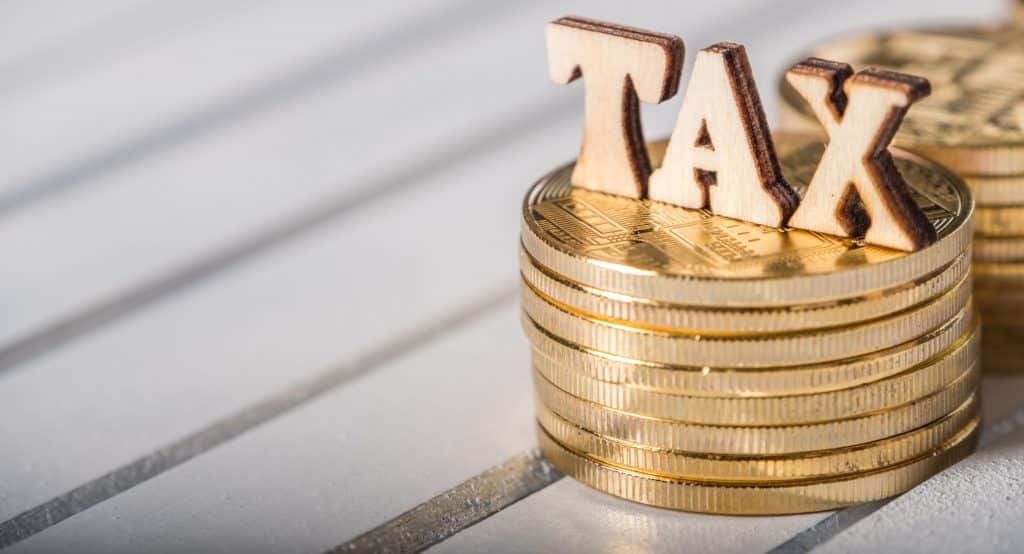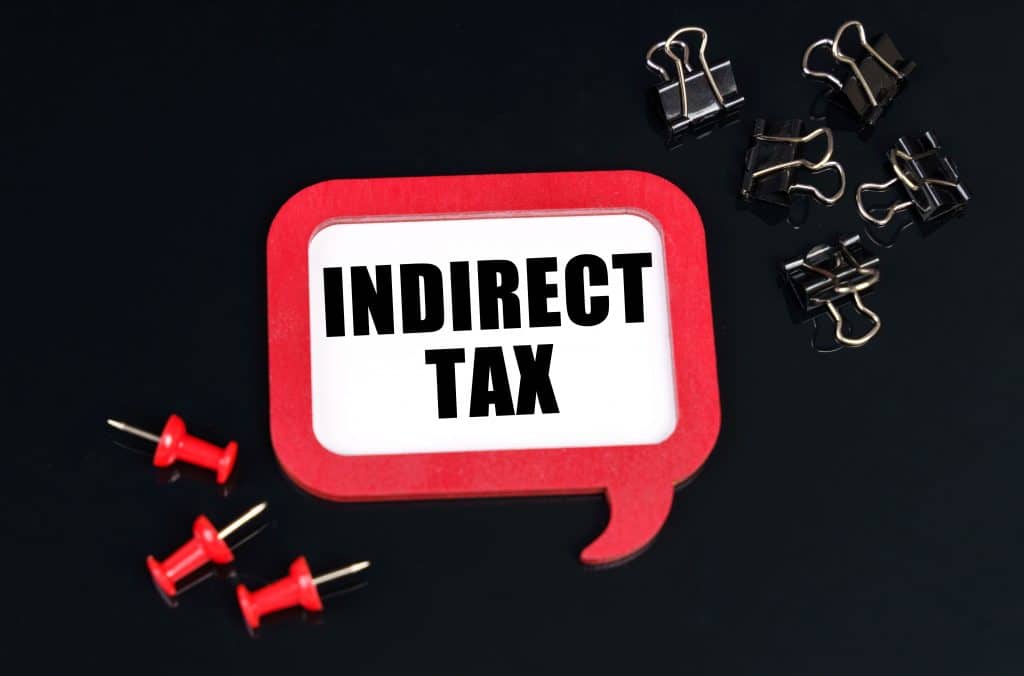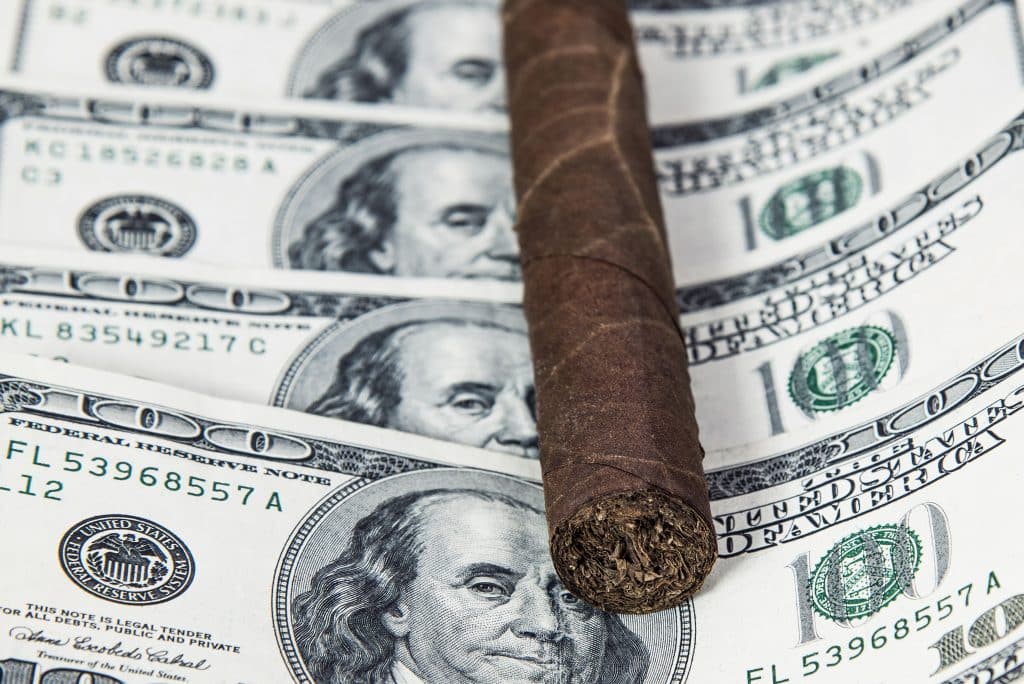Every other weed headline is about Canada’s failing market; whether it targets the companies closing down, the dismissal of employees, or reporting major losses and restructuring plans. Now, in a move that shows the strains within, Canada is sending out the taxman to collect unpaid cannabis excise taxes from legal producers in the country.
Most recent news of Canada and cannabis tax collection
A lot can be written on Canada and cannabis, and all the problems therein. Today we’ll start with a little on one of the more recent events. The taxman! On May 18th, MJBizDaily reported that Canada’s governmental revenue service, the Canada Revenue Agency (CRA), is now going after producers who failed to pay their cannabis excise taxes. This is interesting timing given how many companies are posting bad sales news, and downsizing operations. Like Canada is trying to collect what is can before an even bigger fall.
The agency is not only going after the actual money, but threatening garnishment (the government legally withholding money to pay off debts), plant property and equipment liens (the government taking property and equipment until debts are paid), and further legal action for those who do not pay up. This according to an email from Dan Sutton, the CEO of Tantalus Labs (a cannabis producer out of British-Columbia), to MJBizDaily.
The CRA put out warnings like this to businesses: “If you do not pay the full amount or respond to this letter within 14 days, we may enforce Cannabis Duty provisions of the Excise Act, 2001 without further notice.” The business which received this one requested anonymity, as it does want to work out its tax issues and continue operating; and is afraid that posting the letter publicly might hurt its chances.

All of this is based on Canada’s cannabis excise tax laws, which state: “If a corporation fails to pay any duty or interest as and when required under this Act, the directors of the corporation at the time it was required to pay the duty or interest are jointly and severally or solidarily liable, together with the corporation, to pay the duty or interest and any interest that is payable on the duty or interest under this Act.”
What’s an excise tax?
This entire topic is about excise taxes. So before getting back to the story on Canada, let’s talk a little about what excise taxes are. These taxes are taxes levied on a product, but not at the point of sale. Which means they factor into the total price of an item, but with no distinction to the consumer between tax amount, and other product production costs. They’re collected at some point within the process, whether from cultivators to manufacturers, or manufacturers to retailers, etc.
As consumers, we technically pay a lot of taxes, but we don’t often know how much of a total cost, is actually attributable to taxes. We can see the tag for sales tax in the US, but that’s only what gets collected at the register. Excise taxes are paid by businesses, but their cost does factor into the overall price, as the business who pays them, will raise their own costs to make up for them. So in the case of business not paying these taxes, it does mean collecting the money for them through sales, but not giving the amount to the regulating body.
Excise taxes don’t have to be extreme, and usually make sense in their placement. However, some excise taxes are different, like sin taxes. Sin taxes are taxes instituted the same way as a regular excise tax, but which are way, way higher, and based solely on the idea that a regulating body decided something is bad for a person or society. These taxes are levied most on products like cigarettes, alcohol, and now cannabis. This is contradictory, of course, as the first two show detriment to health with no benefit; whereas cannabis is a recognized medical product in the country.
According to a Forbes article, cannabis sin excise taxes in Canada are paid by the producer in the amount of $1 CAD per gram, or 10% of sale price for dry flowers. It goes by whichever is higher to ensure more tax revenue. The article points to professionals in the field explaining how due to different factors, these taxes can account for 20-35% for operations, making it difficult to survive, especially for small operators. And it helps explain why there are so many unpaid taxes, as these tax amounts are a huge burden for all affected, and not reflective of actual income ability.
Canada’s tax situation
So Canada institutes cannabis excise taxes, with large sin taxes included, despite cannabis not causing the negative effects to health or society that the other products receiving sin taxes do. And rather than getting rid of them in a climate with tons of businesses dying out, the government is upping the ante and going after the money; essentially from companies that are barely making it to begin with, some teetering on the brink of bankruptcy.

MJBizDaily reports that around 2/3 of cannabis businesses in Canada are in debt due to unpaid cannabis excise taxes, as of September 2022. At the time of that reporting, it was halfway through Canada’s fiscal year. This totals almost $100 million CAD from a total of 172 licensed producers. That’s a lot of unpaid taxes.
Reports from the previous year (2021-2022), indicate Canada collected $1.5 billion CAD in taxes, from the total $4 billion spent on cannabis products. If you do the math, that means over 1/3 of the money collected on cannabis products for that year, went to the government in taxes and other revenue. And this up against the reality that there’s a functional black market which doesn’t have to pay those taxes, and will always be able to undercut the legal market.
The question for many in the industry, is how aggressive Canada will be in tax collection. Maybe the story is more to induce fear with no real action coming; and maybe Canada is looking to take every cent it can now. Said George Smitherman, the CEO of the Cannabis Council of Canada, “I think it’s an offshoot of the issues management problem that the Trudeau government faces with an excise tax that’s ill conceived.”
He continued, “In a certain sense, at all levels in Ottawa, they recognize the dilemma they have, which is that a very large proportion of (cannabis) CRA license holders can’t keep up with their bills.” He explained, “While we hope that recognition (of the excise debt problem) is going to lead to real action to fix the excise, rather than just the words we’ve heard so far, in the meantime we are faced with the gnarly face of collections.”
But wait, isn’t Canada trying to save the market?
We know that sin taxes don’t really need to be included. They’re not fundamental, nor necessary for what they’re supposed to do. Yet, the conversation is so rarely about them. You’d think Canada (and every US state having the same issue) was entirely backed against a wall, but they’re not. The best answer for all companies, is to eliminate this unnecessary tax. That would fix the problem, right? Yet, the greed of governments becomes obvious when broaching these topics, as they will often go quite a distance, to avoid changing this. They don’t even want you talking about it. They sidestep or avoid the issue.
Think of California finally making amendments to its cannabis tax laws in 2022. What did it do? It did get rid of a cultivation tax, which was good; but did nothing to get rid of the excise tax (15%), which includes the sin tax. And while the industry walks around with its hands up seemingly confused on the matter, the answer is obvious to the point that its getting frustrating and maddening. Sin taxes on weed must be eliminated, or its unlikely these markets can work out long term.

Canada’s market has taken such a distinct downturn, that on March 25th of this year, the Canadian government put up a notice of intent to start consultations to make changes in the industry. Considering every province except for one has seen sales declines, this move is an indication of Canada knowing there’s a big problem. For the country, between December 2022, and January 2022, for example, sales slipped from CA$425 million to CA$395 million.
The notice speaks of finding ways to update regulation concerning licensing, security, production, and packaging, in order to help out the ailing industry. Lowering licensing expenses is surely useful; but if you’ll notice, the country doesn’t say anything about attacking current tax structures. Its left out as if it’s not something that can be modified. As if that tax must be there or the industry can’t survive. But that’s not true. Sin taxes are extra taxes, added onto regular tax structures. You can see in the notice, that Canada doesn’t mention taxes at all:
“Health Canada recognizes there may be regulatory measures that could be made more efficient and streamlined without compromising the public health and public safety objectives in the (Cannabis) Act,” it continues that this includes “(reducing) administrative and regulatory burdens where possible.”
Canada was also supposed to start a ‘strategy table’, a forum for those in the industry, and those regulating it, to come together and talk about issues and how to resolve them. Though this was proposed in April 2022, reports from earlier this month show it never got off the ground. This seems at least partially due to a lack of communication between the industry and regulators. But then, if the only real answer is ‘lower taxes,’ perhaps regulators were never interested in the conversation at all.
Conclusion
There’s a lot to say about the situation; but it really comes down to one thing, and one thing only. If the US and Canada want to keep cannabis from becoming a 100% black market industry; they must forfeit the extra tax revenue they collect unnecessarily through sin taxes (among other unnecessary costs). If they don’t, there’s unlikely to be an industry to collect taxes from soon. And getting nothing is way less than they’d get from an operational tax structure. End of story.
Hey guys! Thanks for coming round to Cannadelics.com; a news site operating in the cannabis and hallucinogen industries, focused on bringing you the utmost in independent reporting. Don’t be a stranger – come by frequently to read up on recent happenings; and sign up to the Cannadelics Weekly Newsletter, so you’re always first to get the news.









